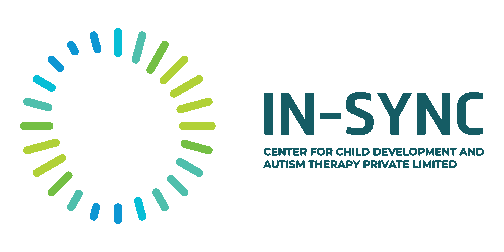The birth of a child is always the beginning of hope. It’s a chance to start afresh; new life with a brand new person! As parents, we consider our children a chance to revisit our own childhood; a chance to learn, to ask new questions, and to find out exciting new answers.
Though this process is enjoyable, it comes with its own set of challenges. These challenges may be different for each of us, but they always exist. It is our job then, to find out ways to take these challenges head on!
In this article, let us try to understand how we can provide holistic support and effective education to our children by starting early. Let us understand the meaning and scope of early intervention for children with special needs, and also find out why it is important to start early.

What is early childhood intervention?
Early intervention is an umbrella term for the support and education offered to children with special needs, developmental delays, and disabilities. These services not only help foster growth in children but also support parents who need help understanding the special needs of their children.
Consisting of educative, therapeutic, and palliative components, early intervention ensures that children get the necessary support to reach their full potential, in their most fruitful years.
Who needs it?
Each child is different and grows at his/ her own pace. However, most children attain certain similar skills at around the same time. These skills include the ability to recognize faces, crawling, walking, and saying the first words. Those children who take a longer time to develop such spatial, emotional, cognitive, or language skills need special support from parents and teachers.
Unless your child is identified to have clear genetic disabilities (such as Down’s syndrome), it is not possible to be sure of these developmental delays. It is, therefore, important that you take the help your pediatrician or child development experts, for diagnosis.

How does it help?
Early intervention helps both the children identified with developmental disabilities and those with a risk for them. The following are some of the benefits of getting expert help:
-
- It functions as a support system and educates parents and family about their role in the child’s development
- A wholesome early intervention program consists of services such as speech therapy (for meeting language challenges), physiotherapy (to ensure balanced physical growth), behavioral therapy, psychology, and occupational therapy (to help children perform their everyday tasks independently). Therefore, it supports children in all facets of development like cognition, language, speech, behavioral, social and emotional.

- It serves preventive and remedial functions
- It aids children in learning more effectively
- It helps children interact better with parents, siblings, friends, and teachers
Why is it important to start early?
It is a scientifically proven fact that children are most receptive to information between the ages of 0-6 years. Learning and development happens rapidly in these years. This is why children pick up most of their vocabulary in these early years.
Offering remedial and preventive therapy during these years, therefore, helps children outgrow their disabilities and learn effectively.
Starting early also helps parents and family of children with special needs, better appreciate their children’s condition and provide an enriching environment for their growth.
Early intervention (EI) programs have been proven to reduce the need for children to attend special education programs later in life. In some cases, they also helped children effectively bridge the gaps in development, after a few years.


Add Comment